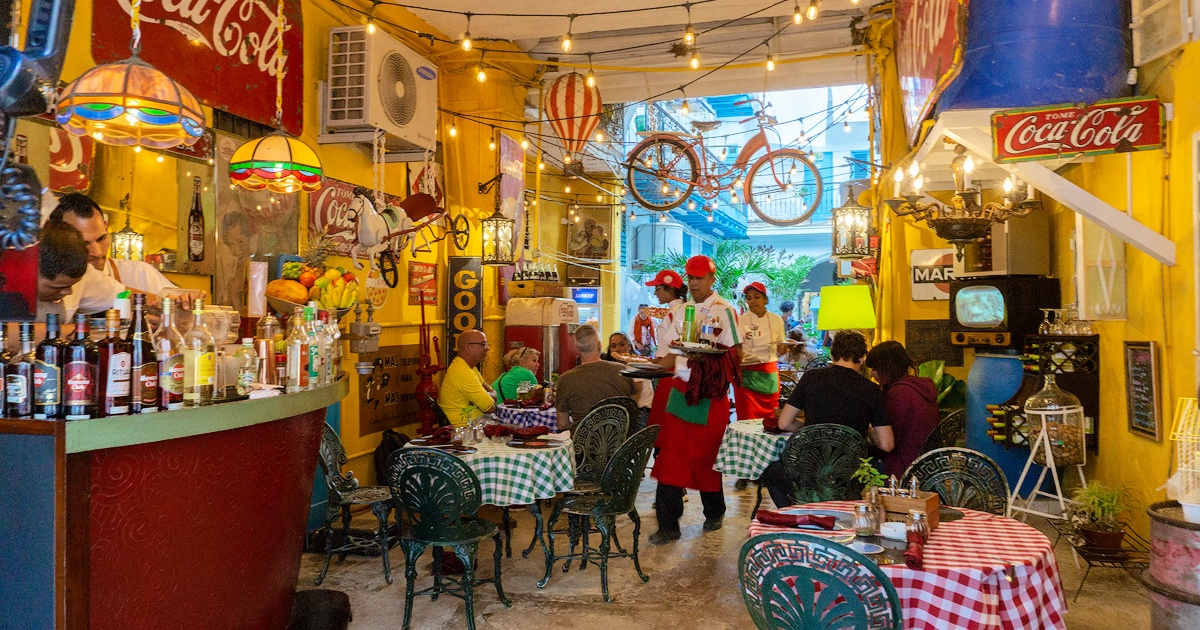
Cuba has become the second most important market for Spanish beer exports, second only to Portugal.
The island imports 20% of the beer that Spain sells outside its borders, while the top spot is held by the Portuguese nation with 22%, as revealed by the Spanish press based on the latest Socioeconomic Report on the sector, presented this week by the brewing industry association of Spain.
For the first time in 2023, Cuba surpassed the United Kingdom and France in terms of Spanish beer imports.
"The rise of Cuba as the second destination for Spanish beer exports is due to a combination of factors," stated Jacobo Olalla Marañón, general director of the association that groups together almost all Spanish beer producers.
Olalla Marañón attributes it to "a greater commercial openness in Cuba following the relaxation of imports that since 2020 has allowed the importation of beer and other diverse goods", and to the wide presence of Spanish hotel companies on the island.
According to the report, Spanish beer exports to Cuba have experienced a sustained increase between 2021 and 2023.
In 2021 they grew by 62%; in 2022 they skyrocketed by another 196%; while in 2023 they grew an additional 193%, surpassing 800,000 hectoliters.
The fact is still staggering when it comes to a country that suffers from chronic shortages of basic foods, a country where the population is experiencing a serious food crisis, and where bringing a meal to the table for everyday Cubans is increasingly complicated.
The data is not surprising when considering the deficient production of Cuban beer brands, mainly the iconic Cristal and Bucanero, which has been plummeting for years.
The eternal shortage of raw materials is compounded by the no less eternal problem of obsolete machinery.
Despite this, the recent partnership between the state-owned Cuba-Ron and the Dutch company Swinkels Family Brewers led to the creation of a new factory in the Mariel Special Development Zone, which has begun producing the new beer brand "Parranda".
At the beginning of this year, the increase in tariffs on imported beer made headlines with the goal of promoting domestic production. However, this measure has also raised the price of imported beers, affecting both consumers and private businesses that rely on these imports.
What do you think?
COMMENTFiled under: